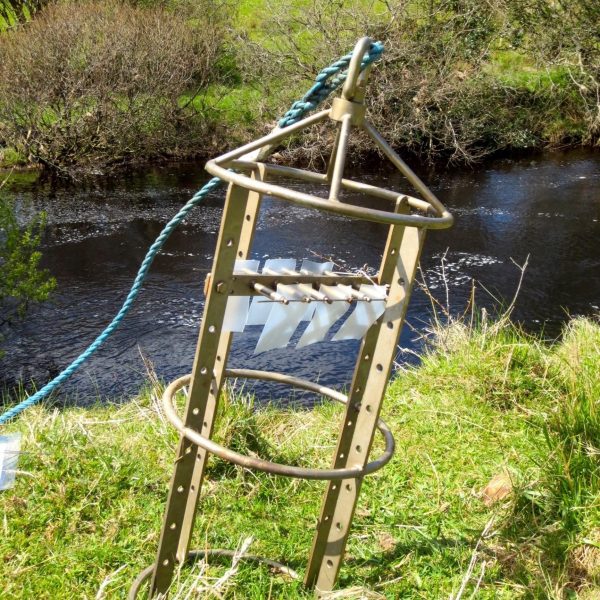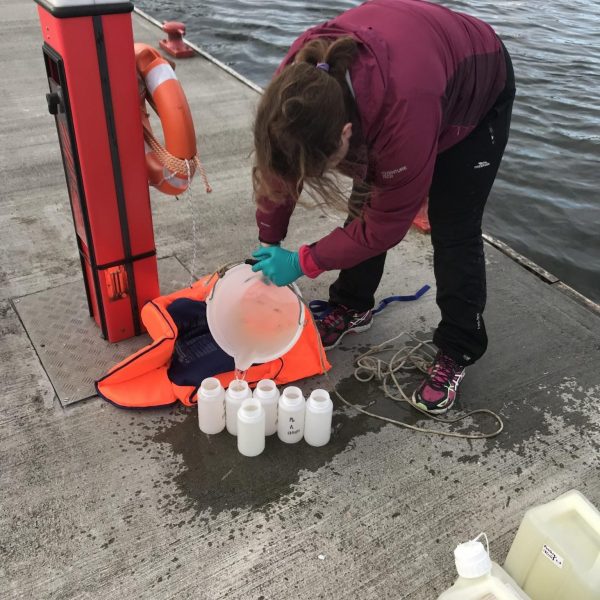Introduction:
Dr. Lisa Jones is a post doctorate working for the DCU Water Institute. She is currently working on the Phthalates in the Environment: An Irish Perspective project where she is investigating phthalate, its presence in Irish water and soil as well as the impact it has on the environment.
What does the project encompass?
As part of the project Lisa and her team are looking at the presence of phthalates in various environmental matrices, from fresh water to soil on organic farms. Phthalates are esters of phthalic acid and are commonly used as plasticisers. Phthalates leach from plastic into water and are believed to cause many environmental issues including endocrine disruption in animals and humans.
What is the goal of the research?
The team behind the project wants to model the negative health effects incurred by the ubiquity of phthalates in everyday life and how much phthalate is an average person exposed to. They also want to find out how phthalate is metabolised by the body. Organic farms, which use plastic sheeting rather than pesticides are also being investigated to see how much phthalate ends up in the produce.
How does the project incorporate nature?
The get comprehensive overview of the impact plastic and phthalates have on the environment, samples from a variety of sources are taken and analysed. These include: samples from the river Liffey, soil samples from organic and non-organic farms, groundwater contaminated by phthalates from landfills and more.
What environmental impact do you expect your project to have?
The end goal of this research is to properly guide future legislation and regulation in regards to plastics and other possible endocrine disruptors. Informing policy makers on the effects plastics have on the environment and people will hopefully lead to a cleaner, safer environment.




Recent Comments